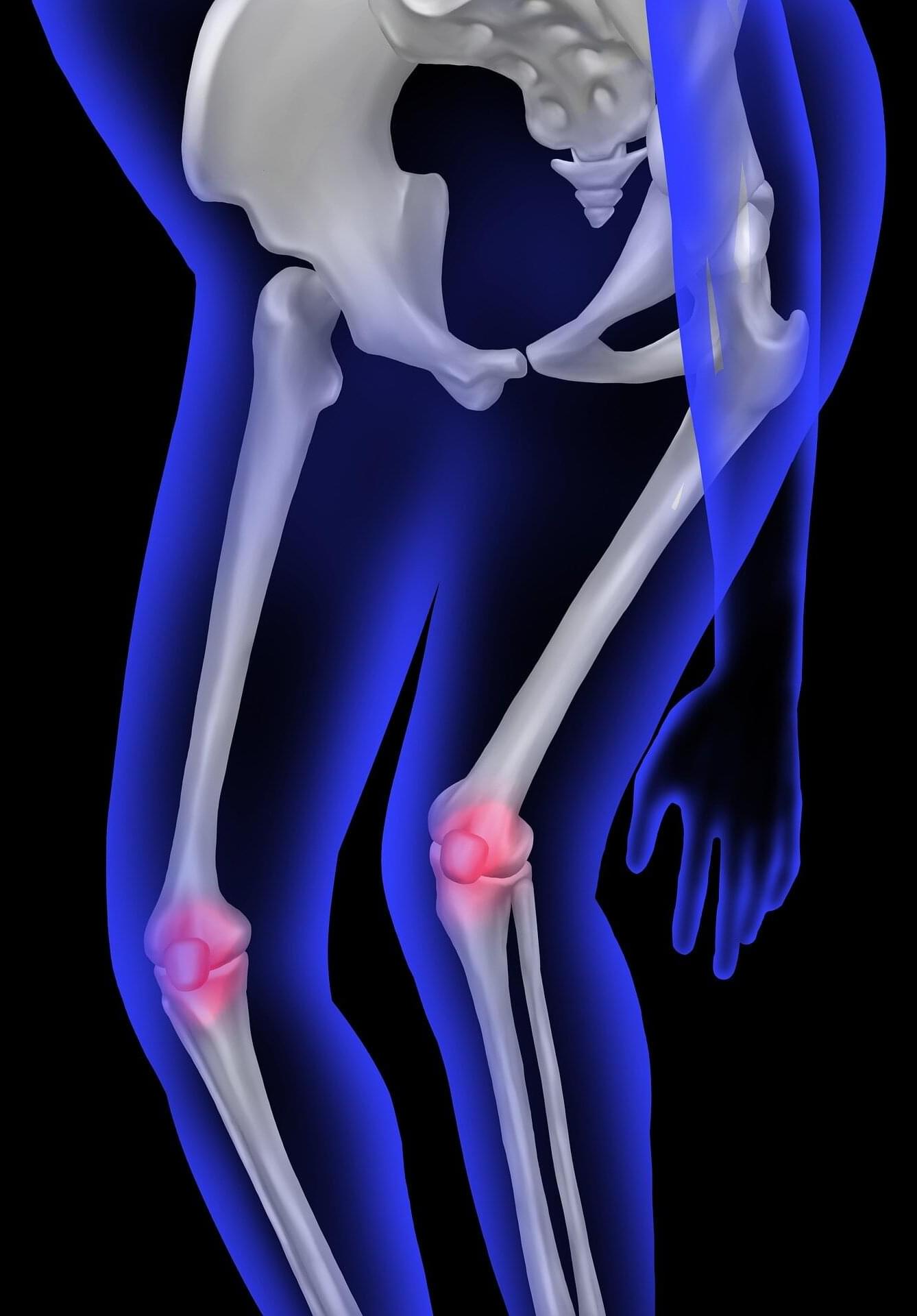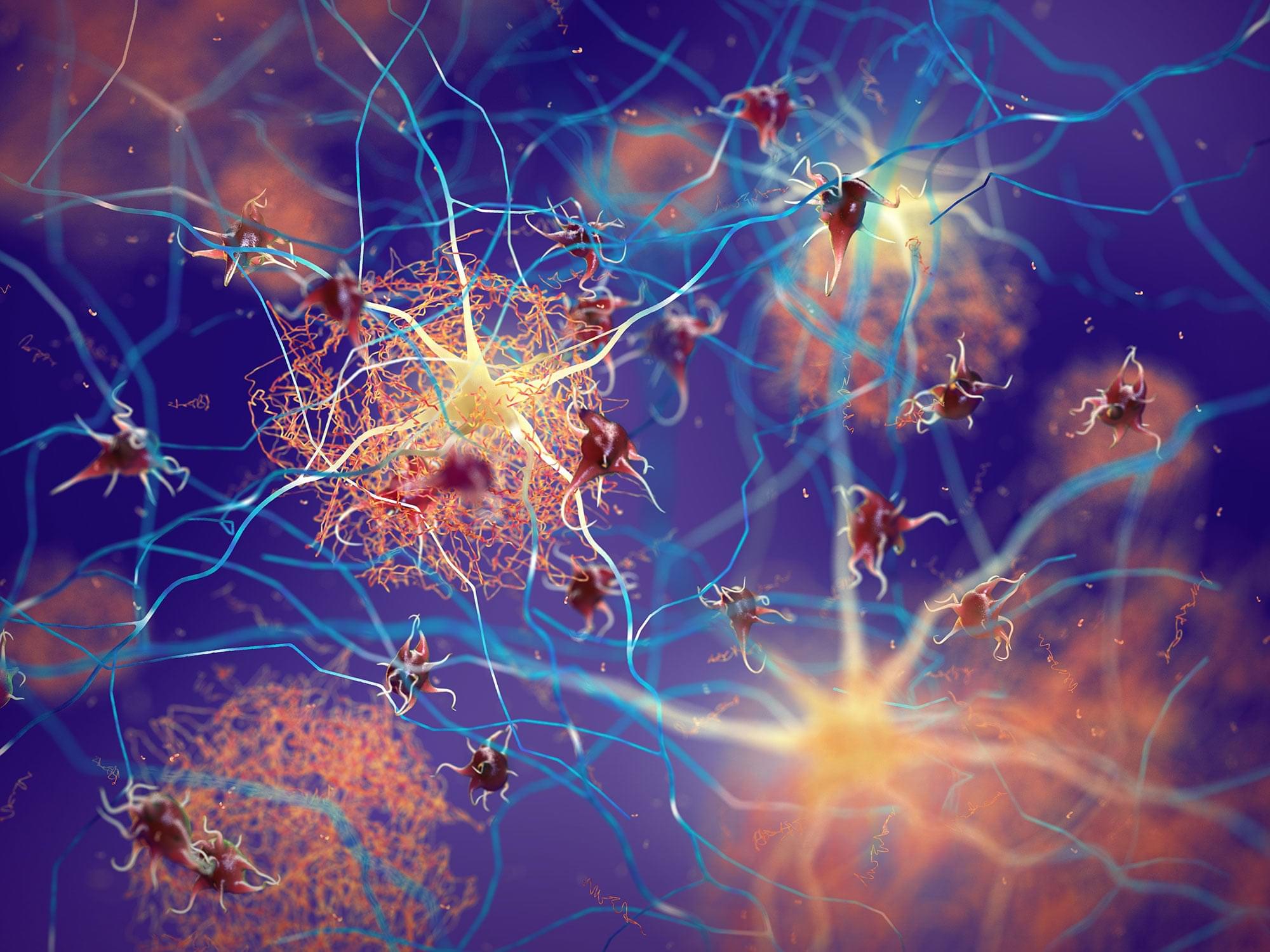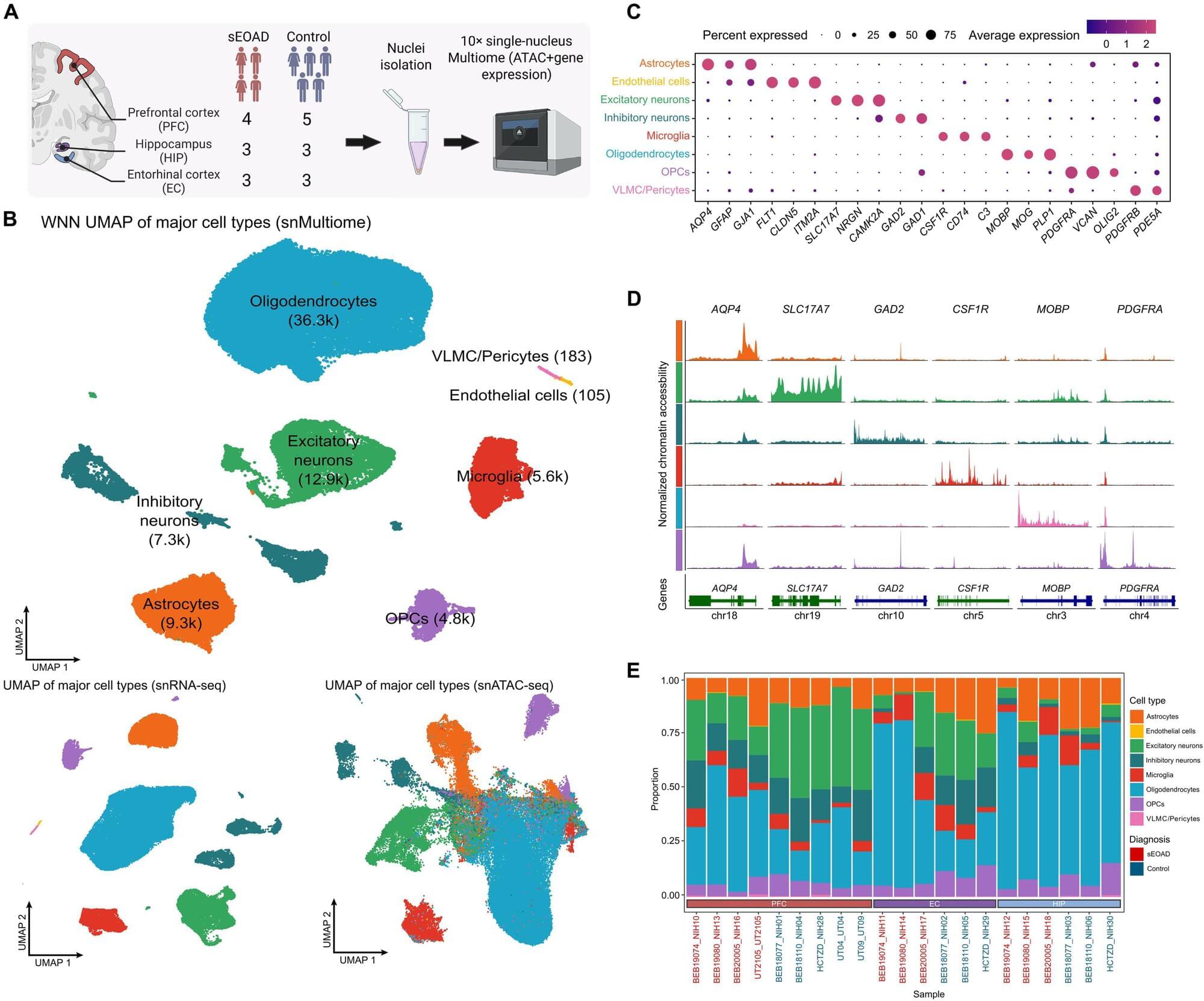Researchers in China have found no statistically significant advantage for infrapatellar fat pad glucocorticoid injection over saline for 12-week knee pain change or effusion synovitis volume change in inflammatory knee osteoarthritis.
Osteoarthritis affects approximately 595 million people worldwide, with knee joints identified as the most commonly affected. Symptomatic knee osteoarthritis is linked to physical disability, reduced quality of life, and increased mortality in older adults, while curative drugs remain lacking amid a rising burden tied to aging and obesity.
Some knee osteoarthritis involves inflammation, and inflammation can involve two nearby tissues—the fat pad under the kneecap and the joint lining—that are structurally interconnected and serve as important sources of inflammation in knee osteoarthritis.







